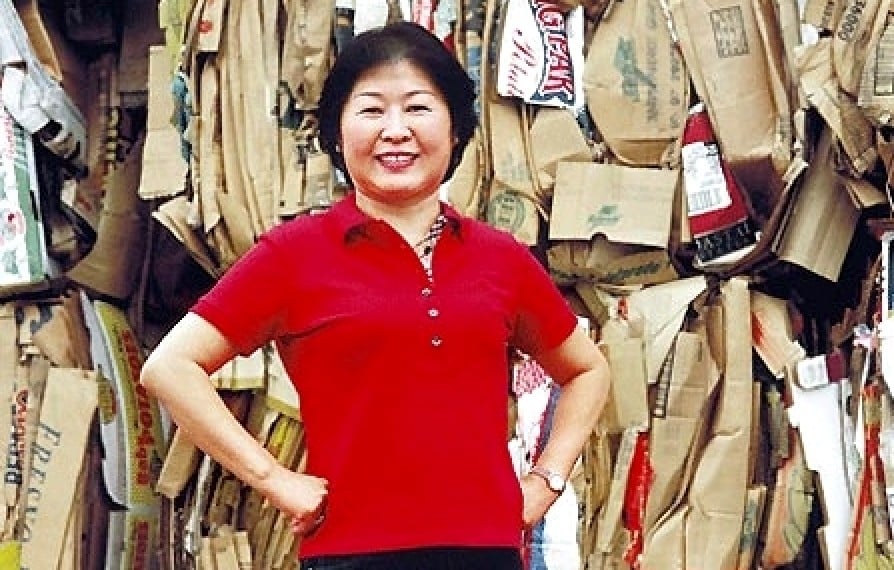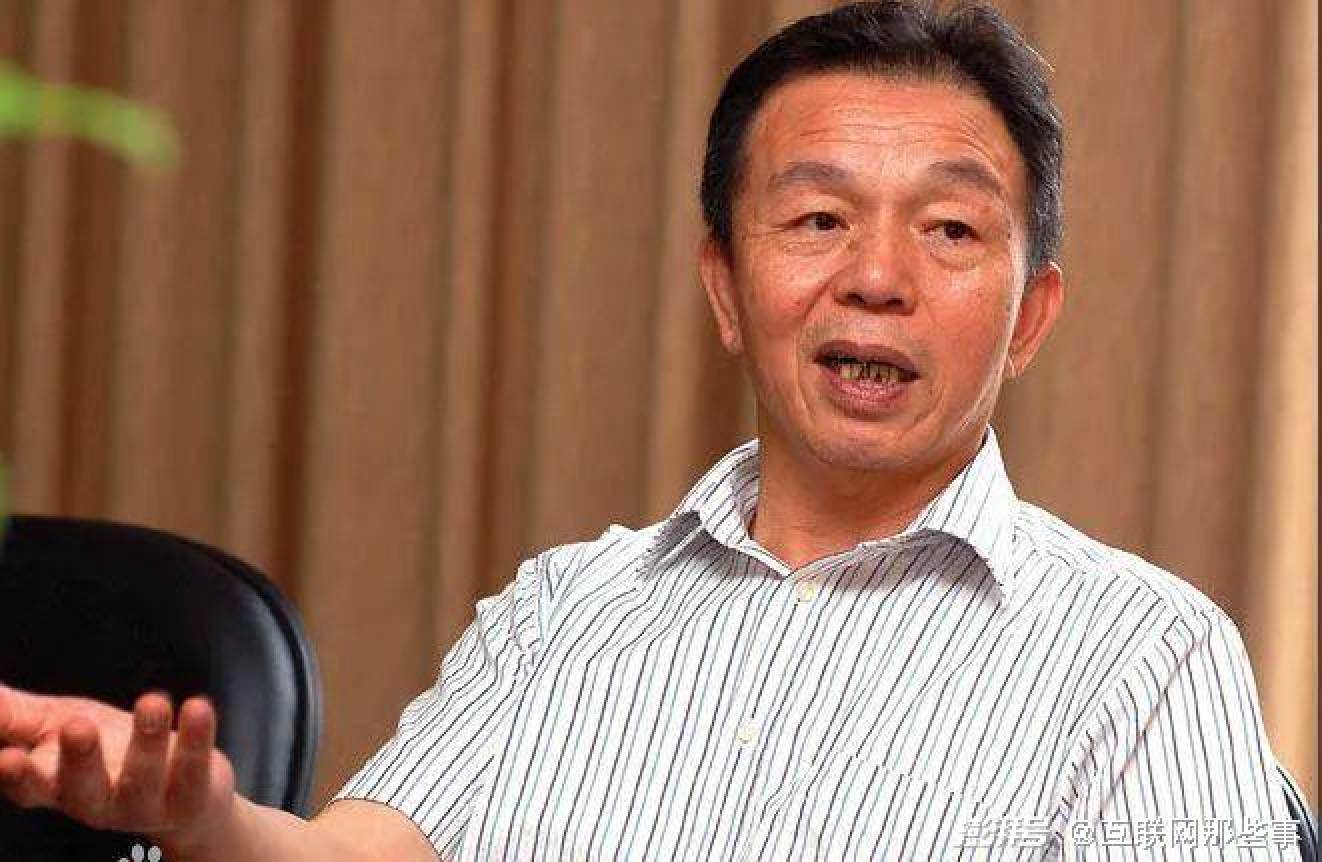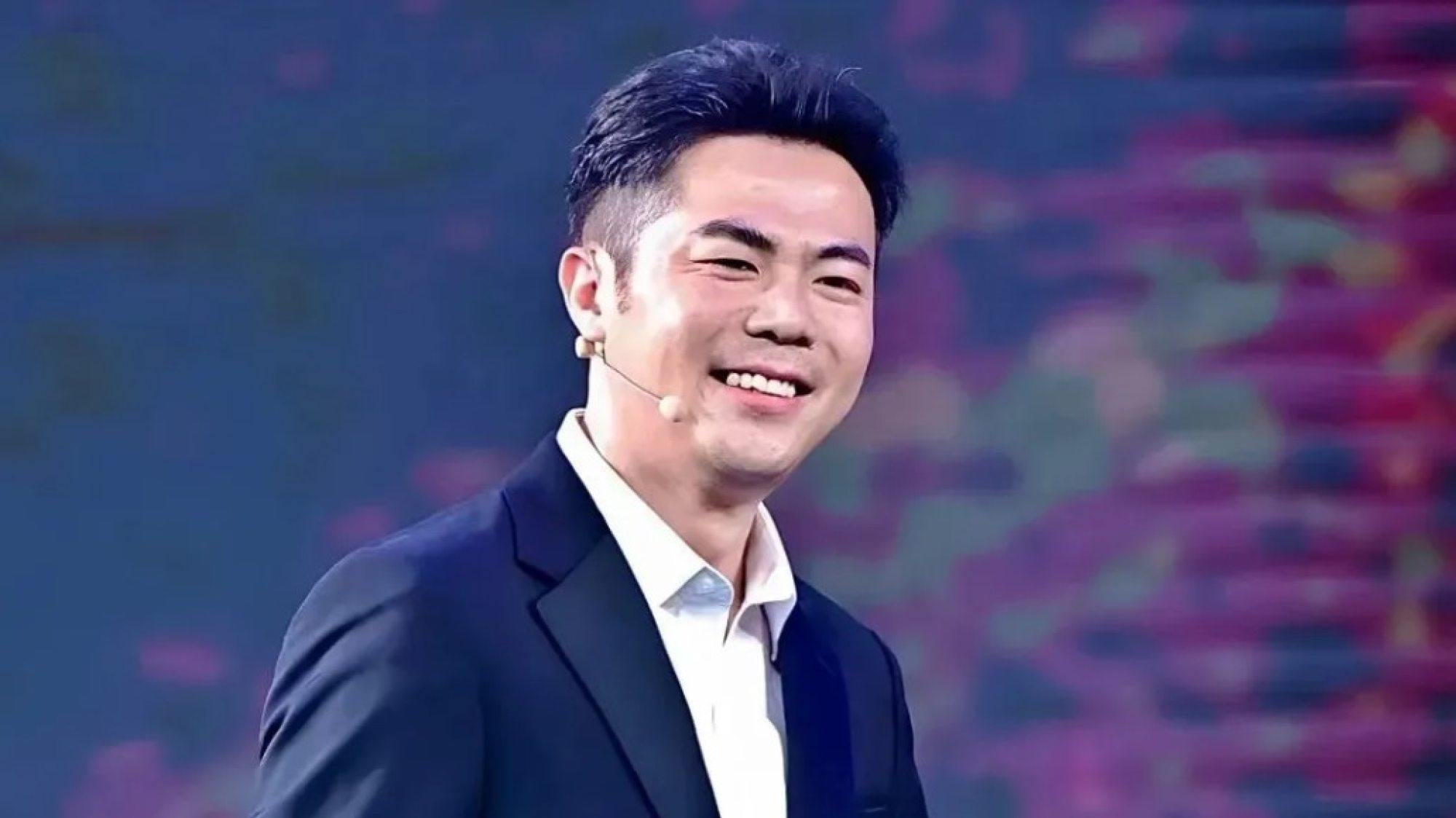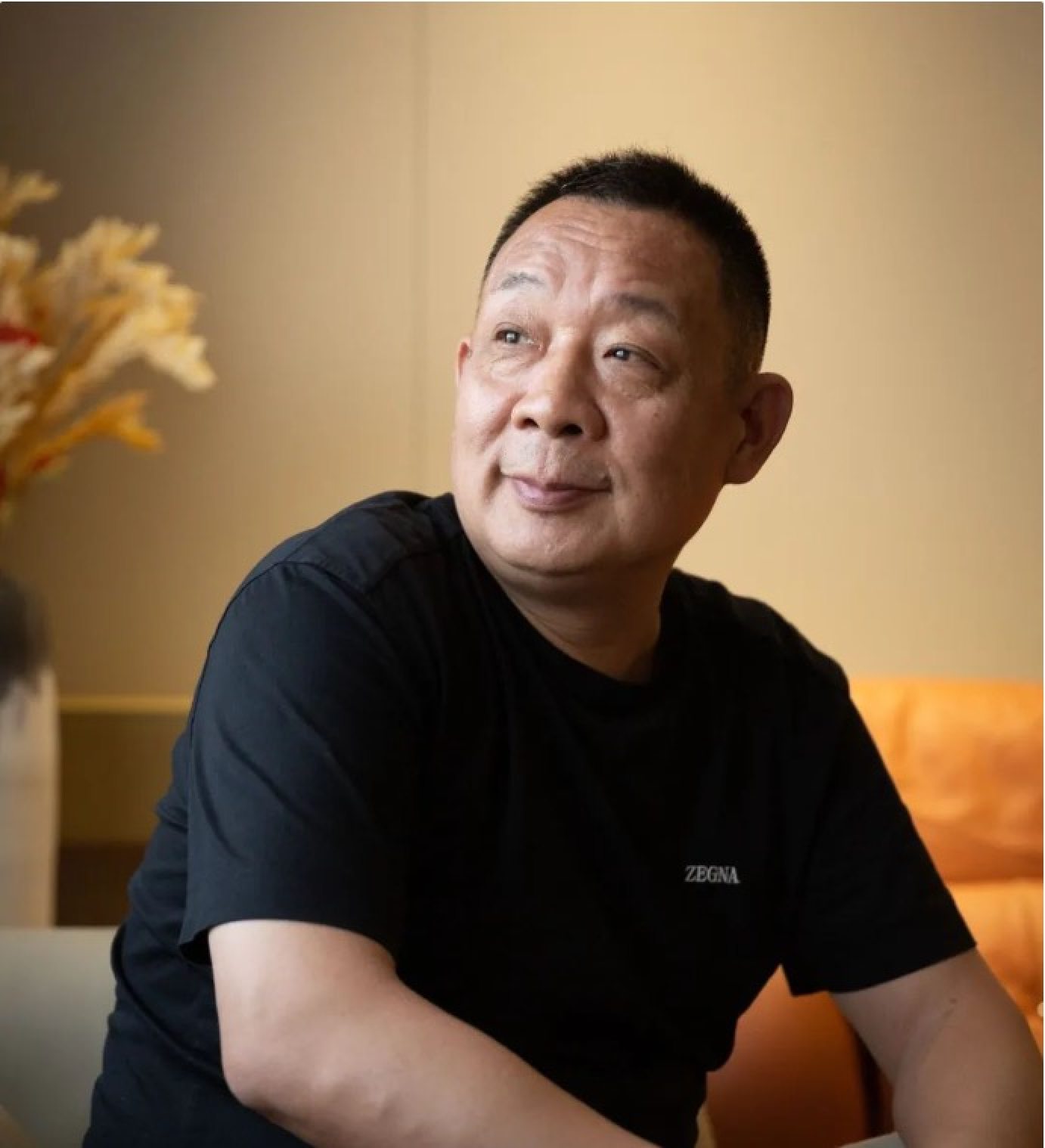Despite their products being known nationwide and associated with the day-to-day lives of people in China, few are aware of the rags-to-riches stories of the business people behind them.
Their journeys exemplify how vision and determination can turn into success and symbolise entrepreneurial resilience in China.
The Post highlights four inspiring Chinese tycoons who have reached the top of their respective fields.
Do you have questions about the biggest topics and trends from around the world? Get the answers with SCMP Knowledge, our new platform of curated content with explainers, FAQs, analyses and infographics brought to you by our award-winning team.
Zhang Yin
Known as the “Paper Queen”, Zhang began her career collecting scrap paper and rose to become China’s richest person in 2006, the first woman to earn the title.

Born in 1957 in Shaoguan, Guangdong province, southern China, Zhang had a challenging childhood, and took on significant responsibilities as the eldest of seven siblings.
After graduating from university, she gave up a finance job position in Shenzhen, southern China before moving to Hong Kong with only 30,000 yuan (US$4,200), venturing into the waste paper recycling business.
Zhang now serves as the chairman of Nine Dragons Paper (Holdings) Limited and was listed to have a net worth of 24.5 billion yuan (US$3.4 billion) by the Hurun Research Institute as of March 2024.
Xu Lianjie
Xu Lianjie, 71, who is known as the “Min Nan Business Godfather” and was once the richest person in Fujian province, southeeast China, began his career as a peasant worker and later made a fortune selling sanitary pads.

The business has grown his company, the Hengan International Group, into a concern with a market value of 60 billion yuan (US$8.4 billion), with annual revenues surpassing 20 billion yuan.
Born into a poor rural family in Jinjiang, in Fujian province in 1953, Xu’s childhood was marked by hunger and hardship.
Without completing primary school, Xu worked as a farmer and ran small businesses, selling everything from fruit to eggs and taro, he even pulled rickshaws.
His fortune changed when he identified a significant market opportunity in sanitary pads, noticing their hygienic advantages over the grass paper used in China at that time.
Xu then started the sanitary pad business with his partner, Shi Wenbo, a friend and businessman who had moved to Hong Kong and later returned to the mainland.
Xu’s net worth reached 10.5 billion yuan (US$1.5 billion) in 2024, as estimated by Hurun Research Institute.

Zhang Junjie
The 31-year-old entrepreneur from Yunnan province in southwestern China is the founder and CEO of CHAGEE, one of China’s most famous milk tea brands.
The brand soared to new popularity after Olympic tennis champion Zheng Qinwen became its ambassador, with sales exceeding 10.8 billion yuan (US$1.51 billion) in 2023.
Zhang was orphaned at the age of 10 and lived as a homeless person for seven years, only learning to read and write at 18.
In 2010, Zhang started working at a Taiwan chain milk tea shop and advanced from assistant to shop manager, regional supervisor and regional head.
In June 2017, he returned to his hometown of Kunming to establish CHAGEE, which rapidly achieved tremendous success in the mainland market.
Despite his financial success, Zhang leads a modest lifestyle, reportedly owning no real estate or car and having minimal material needs.
Yu Donglai

Yu Donglai, 58, who is often referred to as the “silliest boss in China,” was born into a farming family and began working after leaving junior secondary school.
He gained fame for prioritising employee well-being, such as introducing “unhappy leave,” which allows employees to decide their own rest periods, and establishing a “Grievance Award” that compensates employees with 5,000 to 8,000 yuan (US$700 to US$1,120) if they are mistreated by customers.
His entrepreneurial journey began with a 40-square-metre grocery shop in 1995.
By 1997, he shifted his focus to a tobacco and liquor business, eventually establishing the retail empire Pang Dong Lai.
The company now has 13 outlets in Xuchang and Xinxiang, three and four-tier cities in central Henan province, and is renowned as a “customers’ paradise” for its meticulous service.
Yu believes a true entrepreneur should be “healthy, happy, and lighthearted” and has said: “We are only a little more honest and kinder. It is sad if this makes you a legend.”
More from South China Morning Post:
- China students rally for pancake vendor with cancer-hit wife, form long queues to buy food
- China live-streamer earns less than US$1 a month, faces ‘idiot’ insults from firm staff
- 2 separately married China parents meet in kids’ class chat group, abandon families, elope
- ‘Heartbroken’ China KOL claims married official dumped her to wed another mistress
- Devoted fan welcomes baby at superstar Jay Chou’s Malaysia concert, making headlines
For the latest news from the South China Morning Post download our mobile app. Copyright 2024.





